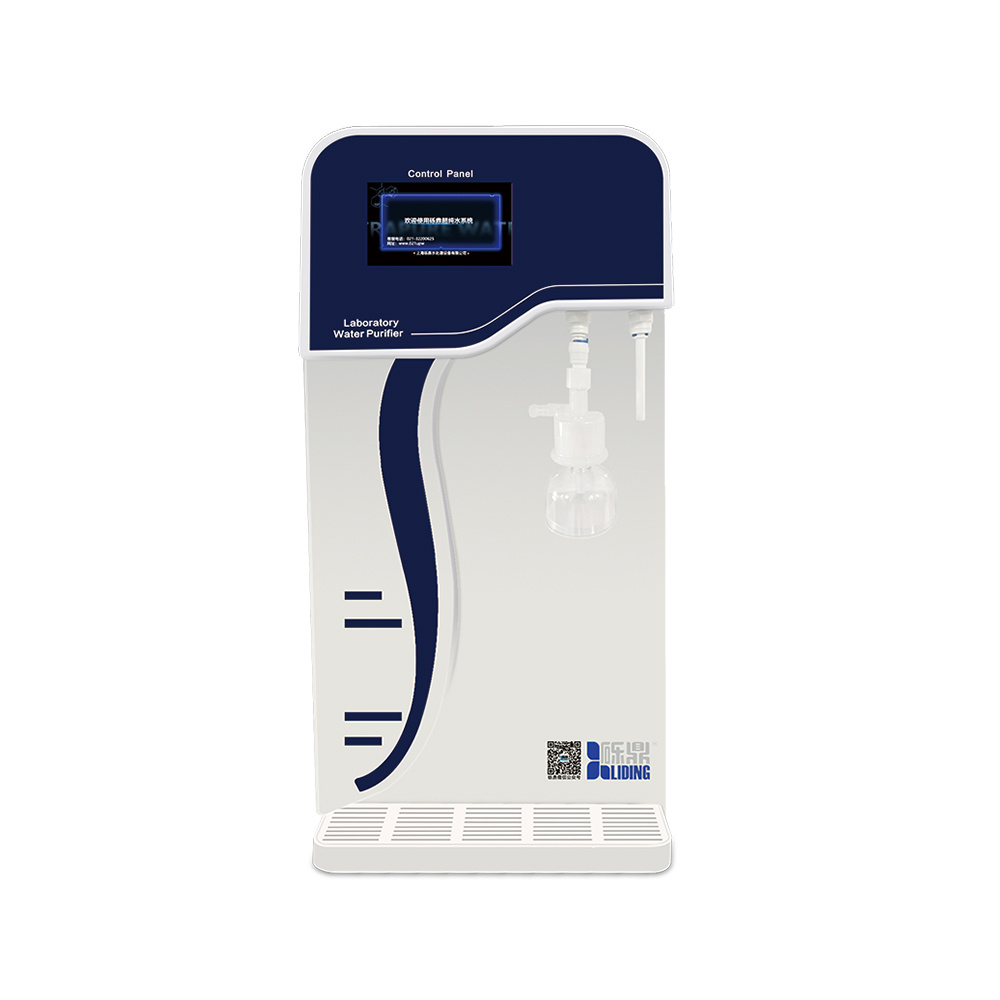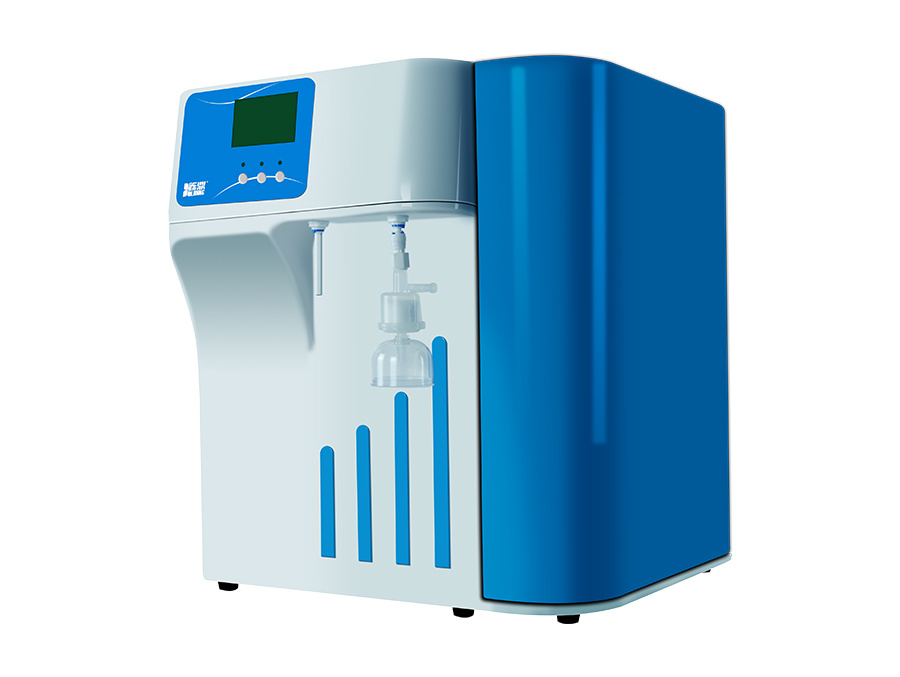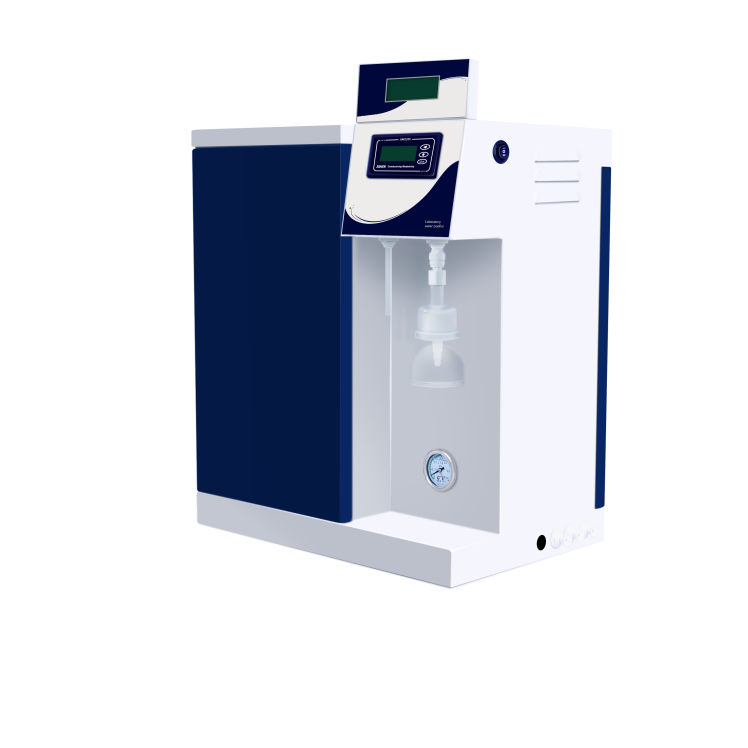Understanding Ultraclean Water Purification Systems: A Comprehensive Guide
Time:
Jun 16,2025
Ultrapure water purification systems are critical components in various industries, including pharmaceuticals, electronics, and laboratories, where the highest quality of water is necessary for production processes and research. These systems are designed to remove contaminants to levels that are often undetectable by standard purification methods. By utilizing advanced filtration and separation technologies, ultrapure water systems ensure that the water produced meets stringent quality standards.
The purification process typically involves several stages, including pre-treatment, reverse osmosis (RO), deionization (DI), and filtration. Pre-treatment is essential for removing larger particles and organic materials, which can otherwise foul the RO membranes. Reverse osmosis is a crucial step, using a semi-permeable membrane to remove dissolved solids, ions, and other impurities. The result is a significantly reduced total dissolved solids (TDS) level, which is vital for applications requiring high purity.
Following reverse osmosis, deionization is performed to further enhance water quality by removing any remaining ionic impurities. This process often involves the use of ion exchange resins, which effectively capture ions from the water, ensuring that the final product is of the highest purity. Filtration stages, including microfiltration and ultrafiltration, may also be employed to capture any remaining suspended solids and microorganisms.
One of the key benefits of ultrapure water purification systems is their ability to provide consistent water quality, which is essential in applications such as semiconductor manufacturing and analytical chemistry. Variations in water quality can lead to defects in products or inaccuracies in experimental results, making reliability paramount.
Furthermore, these systems often incorporate monitoring and control technologies that allow operators to track performance and ensure compliance with regulatory standards. Real-time data on parameters such as conductivity, pH, and flow rate enable proactive maintenance and timely interventions, which can extend the life of the equipment and enhance overall efficiency.
In conclusion, understanding ultrapure water purification systems is crucial for industries that demand the highest water quality. By investing in advanced purification technologies, organizations can improve product quality, enhance research accuracy, and ensure compliance with industry standards. If you are considering implementing an ultrapure water solution, it is important to evaluate your specific needs and choose a system that is designed to meet those requirements effectively.
The purification process typically involves several stages, including pre-treatment, reverse osmosis (RO), deionization (DI), and filtration. Pre-treatment is essential for removing larger particles and organic materials, which can otherwise foul the RO membranes. Reverse osmosis is a crucial step, using a semi-permeable membrane to remove dissolved solids, ions, and other impurities. The result is a significantly reduced total dissolved solids (TDS) level, which is vital for applications requiring high purity.
Following reverse osmosis, deionization is performed to further enhance water quality by removing any remaining ionic impurities. This process often involves the use of ion exchange resins, which effectively capture ions from the water, ensuring that the final product is of the highest purity. Filtration stages, including microfiltration and ultrafiltration, may also be employed to capture any remaining suspended solids and microorganisms.
One of the key benefits of ultrapure water purification systems is their ability to provide consistent water quality, which is essential in applications such as semiconductor manufacturing and analytical chemistry. Variations in water quality can lead to defects in products or inaccuracies in experimental results, making reliability paramount.
Furthermore, these systems often incorporate monitoring and control technologies that allow operators to track performance and ensure compliance with regulatory standards. Real-time data on parameters such as conductivity, pH, and flow rate enable proactive maintenance and timely interventions, which can extend the life of the equipment and enhance overall efficiency.
In conclusion, understanding ultrapure water purification systems is crucial for industries that demand the highest water quality. By investing in advanced purification technologies, organizations can improve product quality, enhance research accuracy, and ensure compliance with industry standards. If you are considering implementing an ultrapure water solution, it is important to evaluate your specific needs and choose a system that is designed to meet those requirements effectively.







